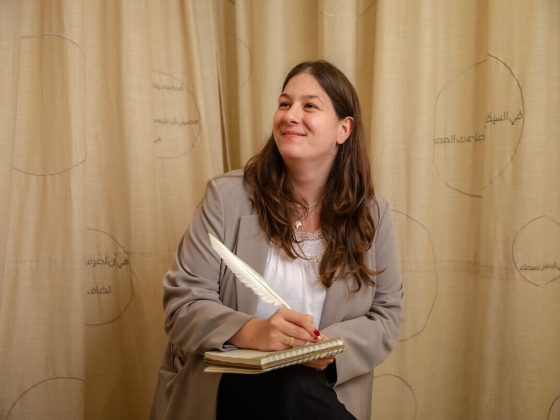2025 Entry Timeline:
- 1st of August: CommonApp applications open
- (Usually)* 1st of November: Early action/decision deadline
- (Usually) 1st of December: Early action/decision results
- (Usually) 1st of January: Regular decision deadline
- (When applicable, usually) 1st of January: Early action/decision 2 deadline
- (When applicable, usually) Middle of February: Early action/decision 2 results
- (Usually) Mid-March to early April: Regular decision deadline
* Each university reserves the right to decide its own application dates, so deadlines might differ for each university you apply for.
Fun facts
You can apply to as many or as few universities as you wish! Unlike UCAS, which limits the number of applications to 5 universities, CommonApp allows students to apply to as many colleges as they deem appropriate.
All Ivy League schools (Princeton University, Harvard University, Yale University, University of Pennsylvania, Brown University, Columbia University, Cornell University, and Dartmouth University) release their decisions on the same day called Ivy Day.
Application Process
To ace a US university application, it is important to start early. Ideally, preparations should begin a year in advance. One aspect of US universities is important to keep in mind when applying to these schools – many US schools are liberal arts.
Liberal arts are generally flexible academic programs, which allow students academic freedom to explore topics outside of their major. They also usually allow easy transition from one major to another, which is not the case with UK or European Universities.
A basic idea of what major you would like to pursue is as important as choosing the university. There are several thousands universities in the USA – the hardest step of the application process will be narrowing down your choices. You should consider your location preferences, budget, university ranking, your grades and extracurricular success, as well as career prospects while choosing a college.
Though this seems daunting, don’t worry, that’s what we are here for – we will help you browse universities and make a list of perfect choices together with you.
CommonApp application
The CommonApp application consists of two parts: the CommonApp part, which remains the same for all the schools you apply to, and the university specific part.
CommonApp part
In the CommonApp part of the application, you will fill out several things.
Firstly, you will share your personal information and (predicted) grades. Next you will fill out the activities section. In this section, you are to describe (up to) 10 extracurricular activities you participated in during high school. You will have up to 50 characteristics to name your role and another 150 characteristics to describe your engagement. There will also be an honors category, where you can list out all the awards and scholarships you won in high school. Both activities and honors should be listed in order of (perceived) importance.
Tip: Quantify your activity where possible – example: ‘President of a 50-person reading club’.
The last component of the CommonApp portion of the application is the CommonApp Essay.
Every year, the CommonApp issues 7 prompts for the essay. This essay is a chance for the student to present themselves to the universities in 250-650 words. The prompts are almost always personal, relating to the applicant’s background, identity, personal challenges, beliefs and achievements.
This essay should be focused on showcasing yourself as a quality, well-rounded candidate. You should avoid mentioning university-specific things – remember this is an essay all universities you apply for will see.
University Section
The University Section follows after the CommonApp essay. This section, besides asking if you have any legacy affiliation with the school and your (planned) major, is mostly focused on university-provided essays. Different schools make this section of the application very different – some schools ask for one long essay (sometimes a “Why XYZ School?” essay), while others ask for multiple small essays (common among Ivy League schools). These essays are spaces for you to showcase why you are the perfect candidate for a particular school AND why the school is a perfect fit for you. Sometimes, universities make essays in this section optional. However, you should always write the essay, regardless of whether it is required or not.
Tip: US Universities care a lot about “demonstrated interest”. It is important you research the university you want to apply to well and make sure to mention your findings in your essay! Example: you want to study biology and you saw University XYZ has a great lab you want to join – mention this in the essay!
Additional tip: Subscribe to any admissions newsletters and attend virtual events and (when possible) campus tours. This will show even more interest to the university, which will increase your chances of admission.
Letter(s) of recommendation
You are usually required to have two letters of recommendation and we will help you decide which recommender will contribute to your application the most.
Schools need to receive official transcripts and such from a counselor. If your school doesn’t have a counselor, you can invite any school official who can upload your transcript(s) and write about your school and your academic history to the colleges you are interested in.





